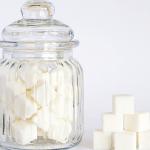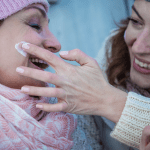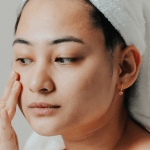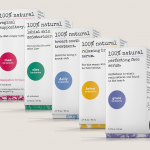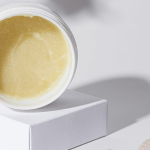This article will show you a super easy way to avoid all chemicals in topicals, how to spot fake, natural topicals in 10 seconds, and why one ingredient that seems harmless is a starting point to ruin your immune defense. And you will learn what your skin flora is and why it is very important.
Let’s start with that. What is your skin flora? Well, you probably know that you have a gut flora, billions of good bacteria in your gut, which help you digest and are very important for your immune system. But did you actually know that you also have skin flora? As with your gut flora, these are billions of microorganisms and they reside on your skin.
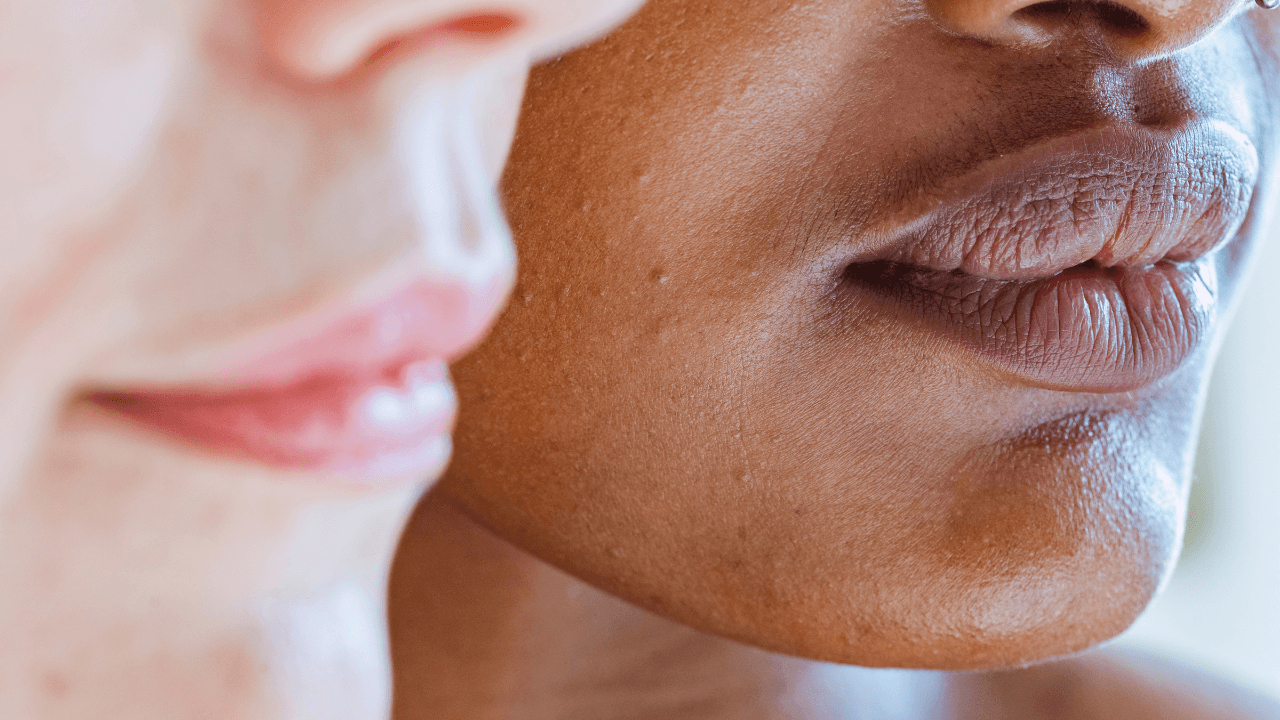
Many of them are bacteria of which there are around 1000 species upon human. These microorganisms are harmless or even beneficial. The microorganisms live off the salts, water and oil your skin releases to keep itself cool and lubricated. There are many factors that impact your skin flora, for instance, body temperature, the thickness of your skin, amount and size of folds, skin pH, the density of hair follicles, and glands.
So the skin flora in your face is different from the skin flora on your legs and armpits. Why is the skin flora important? Your skin flora plays a vital role in your immune system and skin appearance. Most people have heard that the skin is the body’s first line of defense against injury or potential pathogens, but it’s not actually your skin cells that act as the frontline calvary.
It’s the skin’s microbiome. Naturally, your skin’s environment is rather unfriendly to bad bacteria. It’s cool and dry. The pH is acidic. Even sebum, your skin’s lubricant, is antimicrobial. A healthy skin microbiome loves the acidic environment that your skin naturally provides and needs the skin’s acidity.
As I said, a healthy skin microbiome is super important for your immune system as its first line of. This likely starts by the skin flora, preventing pathogen overgrowth. Also, your skin’s immune system and microbiome communicate and respond with one and another’s needs. Unfortunately, there are a lot of things that can damage or weaken your skin flora. Think of skincare products with chemicals that counteract the good bacteria directly or change the skin, making it drier or less dry, affecting the pH level, et cetera. Incorrect or overuse of antibiotic, environmental factors, modern hygiene practices such as daily showers, baths, hand washes, plus the use of soaps and detergents along with imbalanced diets.
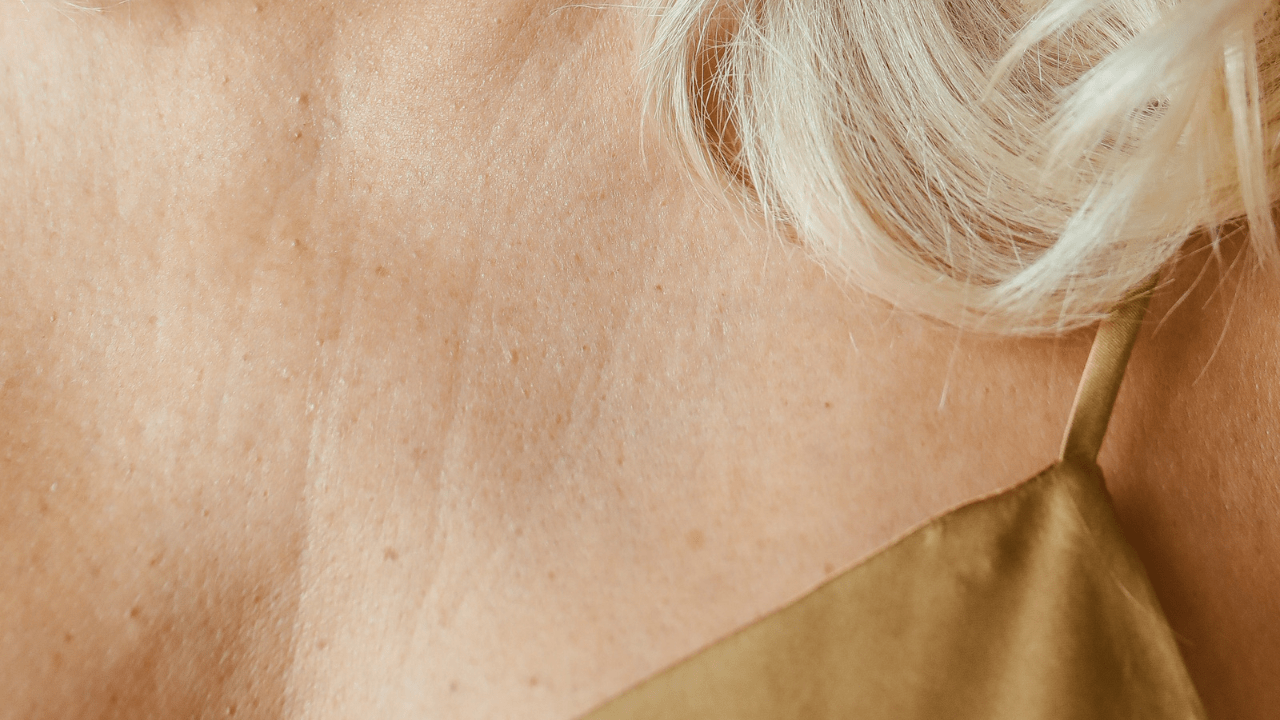
Problems with your skin flora can lead to breakouts, dryness, overproduction of sebum, redness, or other issues. Therefore, it is important to protect your skin and microbiota from undesirable conditions. So for a healthy skin flora, there is a fundamental tip. Avoid all chemicals in topical products. They’re bad for your skin flora, your immune system, and your hormone system.
Here’s how to check if a topical has bad chemicals in 10 seconds or less. You just need to look if the product contains the most common bad ingredient in topical products, cosmetics, and lubricants, and that is water. Hey, water’s not a chemical. But here’s the problem. When you put water in a product, bacteria will surely grow.
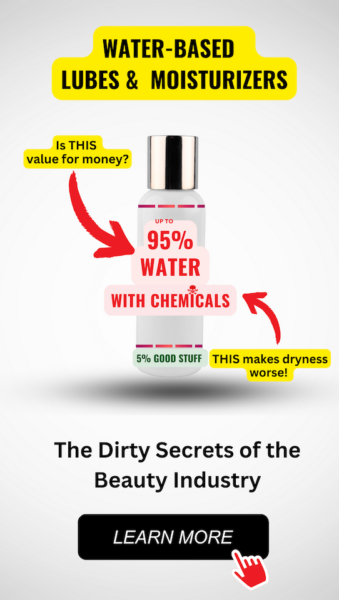
Feeling You Have a Right to Safe Beauty & Fem Care?
If so, it may be time for a change. It starts with knowledge. We have a few suggestions in our new guides.
That means the product must contain chemicals to fight the bacteria that would inevitably grow in the product. So these chemicals have very bad effects on our health and our immune system and hormones. Only water free topical products can be chemical free and all natural. So check the list of ingredients if you see water or aqua which will be high up at the top of the list, then the products contain chemicals and any claims to be all natural or chemical free is fake. And speaking of water and your skin flora, listen to this. Most topical products contain up to 95% water. Water in topical products is a very bad idea because skin issues can arise due to excess exposure to water.
First, there is dehydration of the skin due to osmosis, where the external water pulls skin water out along with its natural sugars, salts like after a bath, as I told you, your skin flora needs the sugars and salts. Second external water washes away the oils on and in the skin. The oils are needed to stay supple and provide a barrier to infection, leaving the skin drying. And your skin flora needs the oils too. Third, washing with water and soap, especially the hands during these days can lead to severe degradation, cracking, dryness and pain on the skin, underlying conditions such as eczema can be made much worse by too much washing with water. Fourth water has a neutral pH level and many waters with soaps are highly alkaline. That is the opposite of an acidic pH level, which the skin requires to prevent infection with harmful bacteria. Again, remember, the skin flora thrives on acidic skin. Fifth water creates free oxygen radicals when in contact with synthetic chemicals on the skin, and this disrupts healthy biochemistry.
Summing up: You have a skin flora that consists of billions of microorganisms, which is your first line of defense. It weighs about two pounds. The skin flora needs acidity of the skin oils, salts, starches, and sebum. Chemicals in water-based topicals are bad for your skin flora and so is excess water. Most topicals contain 95% water and chemical.
So the fundamental takeaway is that if you love good looking skin and a healthy immune system, stay away from topicals with water and chemicals. Check all topicals and only use water free products because only water free topicals can be chemical free and toxic free.


